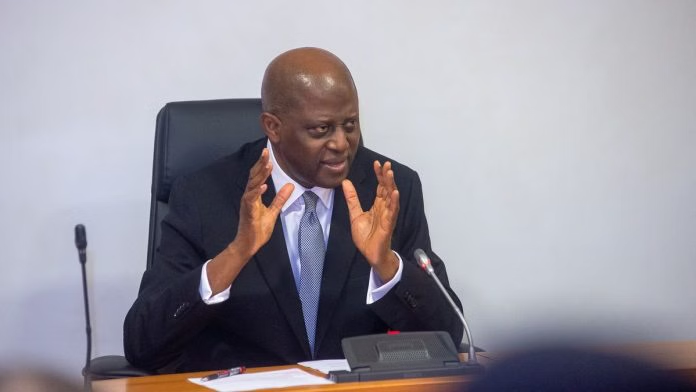Place your adverts here on InfoDig @ low rates; banner ads, sponsored links and guest articles etc. Contact us
In a significant move to boost Nigeria’s private sector, the Central Bank of Nigeria (CBN) and the International Finance Corporation (IFC), a member of the World Bank Group, have signed an agreement aimed at increasing local currency financing for critical sectors.
This initiative is expected to empower private businesses by providing affordable long-term financing in Nigerian Naira.
According to a statement from the CBN’s Acting Director of Corporate Communications, the partnership will enhance financing for sectors crucial to Nigeria’s economic development, such as agriculture, housing, infrastructure, energy, small and medium enterprises (SMEs), and the youth and creative economy.
IFC Director Sidi-Ali stated that the IFC plans to inject over $1 billion in financing in the coming years to support these sectors. She highlighted that many of these sectors depend on local currency financing, making this collaboration with the CBN an essential step toward expanding access to funds within Nigeria.
“This partnership will allow IFC to manage currency risks and scale up its investments in the Nigerian Naira,” she noted.
CBN Governor Yemi Cardoso hailed the partnership as a transformative step that would provide Nigerian businesses with access to local currency loans at viable rates. Cardoso described the agreement as a testament to the CBN’s dedication to implementing innovative development initiatives that go beyond traditional interventions, thereby serving as a catalyst for economic growth and diversification in Nigeria.
IFC’s Managing Director, Makhtar Diop, added that local currency financing is crucial for the growth of small businesses in Nigeria, as it enables better currency risk management and fulfills the increasing demand for diverse funding options. Diop further emphasized the importance of this collaboration, noting that with IFC’s active $2.13 billion portfolio in Nigeria—the second-largest in Africa—local currency financing remains a top priority.
The IFC, recognized as the world’s largest development institution focused on the private sector, has committed $56 billion to private companies in developing countries this fiscal year alone, using its expertise to create markets and foster economic opportunities globally.
This partnership marks a pivotal step in unlocking the potential of Nigeria’s private sector, driving sustainable growth, and fostering job creation across the nation.















